Mathematics Assessment Project
The release of simple, incredible, practical, and profound professional development modules by the Mathematics Assessment Project (MAP) has encouraged me to post them as a separate “common core essential.” Their assessment resources were posted within “Math and ELA Performance Task Resources,” but the “project” is contributing such a diverse set of resources to teachers that they really deserve a separate post. This is a long post, but I have tried to make each link worth the click, so keep reading.
Here is a description of the Project in their own words:
“The Mathematics Assessment Program (MAP) aims to bring to life the Common Core State Standards (CCSSM) in a way that will help teachers and their students turn their aspirations for achieving them into classroom realities. MAP is a collaboration between the University of California, Berkeley and the Shell Center team at the University of Nottingham, with support from the Bill & Melinda Gates Foundation. The team works with the Silicon Valley Mathematics Initiative and school systems across the US and UK to develop improved assessment.”
Beneath the gallery of screenshots are links and a short description of what is available on the MAP project website:
1. Prototype Summative Assessments: The assessments are divided into 40 minute, 90 minute, and 180 minute assessments as well as high and middle school assessments. These assessments are intended to meet the aspirations of the common core state standards. The assessments are rich, nuanced, and entirely constructed response.
2. Formative Assessment Lessons (aka MAP Classroom Challenges): While these are listed as high school they cover a range from about 6th grade through 10th grade. These are extremely detailed formative assessment lesson plans that include sample student work, overhead slides, scaffolding of teacher questioning, expected moments of student difficulty, etc. An amazing resource to see thoughtful instructional design that balances creativity and structure both in delivery of instruction and student experience.
3. Test Item Bank: All of the items and a few additional ones that are found within the summative assessments above are separated into single files and classified as novice, apprentice, and expert tasks. All of the items are aligned to both common core content standards (6th-10th) and common core mathematical practices. A wonderful collection of items that provide a compelling picture of what type of questioning can emerge from the interplay between the content and practice standards.
4. Professional Development: Here is where the magic happens! All of their amazing resources are nested in 5 well-crafted modules that walk educators through how one would implement the formative assessment lessons in the classrooms and create a classroom of learners that are able to meet the demands of their assessments. The thoroughness and synthesis among the resources really sets this initiative apart from anything else going on in common core math professional development. A true must see.
The design and development of the materials were done by the Mathematics Assessment Resource Service (MARS) and Shell Center team at the University of Nottingham. Naturally, we should also jump over to both the MARS and Shell Center set of resources and highlight some of the resources there too!
Shell Center: Shell Center has largely become a collection of researchers and a publisher of high quality texts and resources for math education. While the texts and publications list is not long they are all very good!
MARS: While much of the work and resources have been directed into MAP, there are still some nice resources and information here. One of particular interest is the extended performance task examples for grades 4, 8, 10, and 12th. Another informative piece would be their explication of “balanced assessment.” Some of the links are broken and resources no longer found, but it does provide you a sense of the talent, methodology, and aims embedded in MAP.
MARS Papers, Research and Example Materials: This collection of presentations and research provide a fantastic window into the reasoning and evidence behind the MAP methodology and are rewarding, interesting reading. Having said that, one of the most interesting pieces is found within the link to computer-based assessment where there are sample items that you can interact with and enjoy. They can be found in Appendix B of the research paper “On Computer Based Assessment of Mathematics.” Wonderful, interesting, compelling, and exciting. Here are couple of screenshots to convince you to click over:
National STEM Centre: An excellent set of resources ranging from PD to lesson plans to applets. Much of the work found here is developed with the work of MARS, MAP and Shell Center in mind. A great resource that is linked to the common core specific work that MAP has put together.


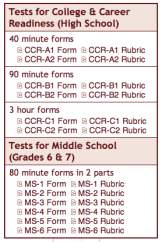
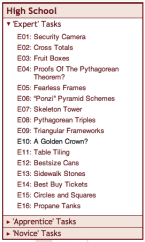
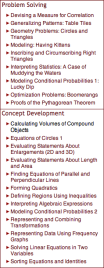
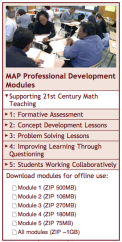
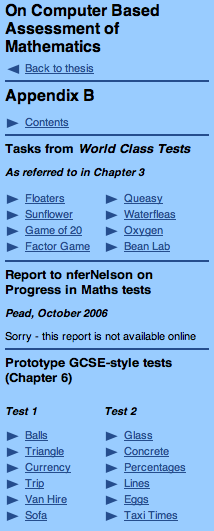
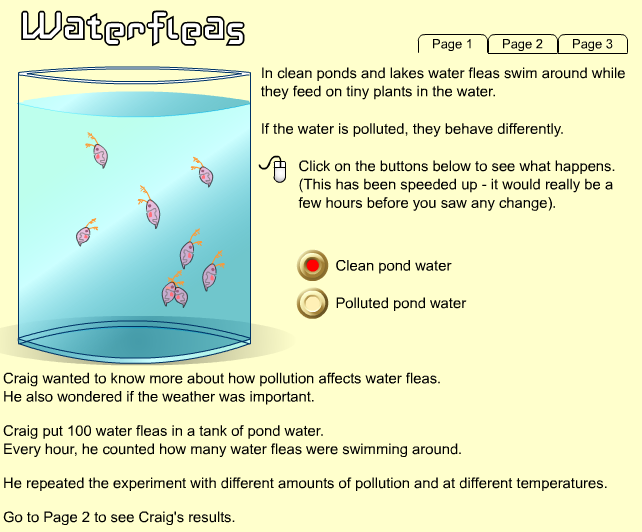
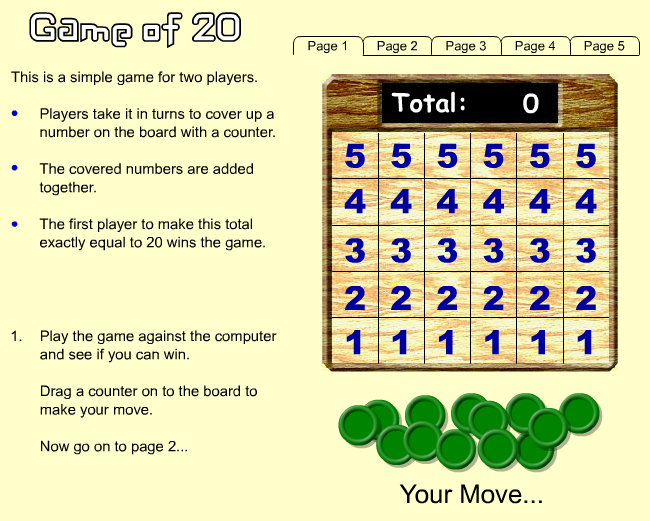
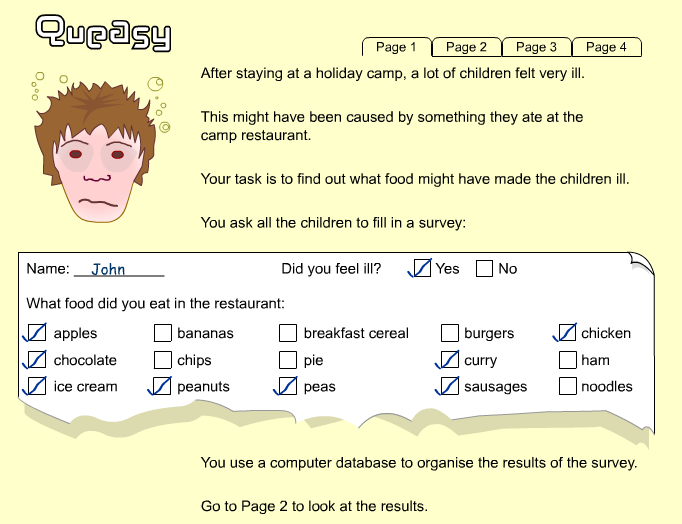
Pingback: Problem-Based Learning and the Common Core | Common Core Essentials
Pingback: Common Core Essentials | Closing the Achievement Gap